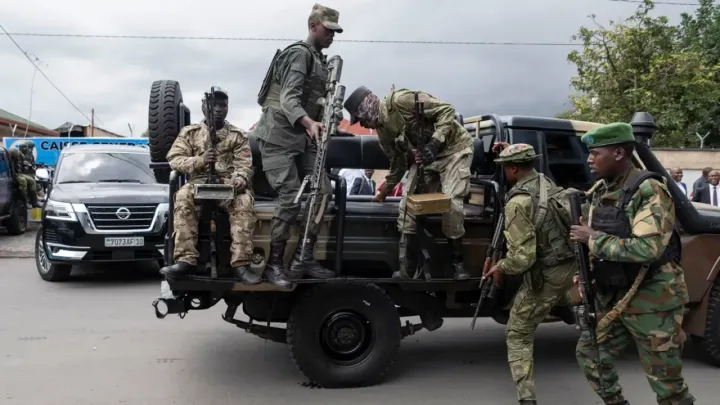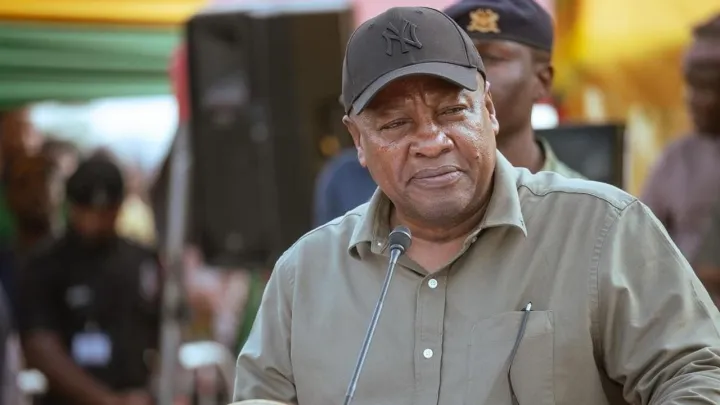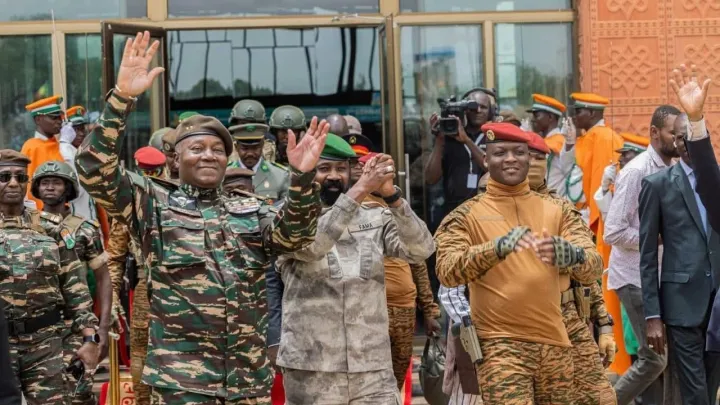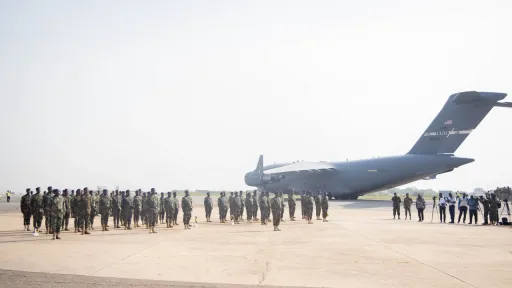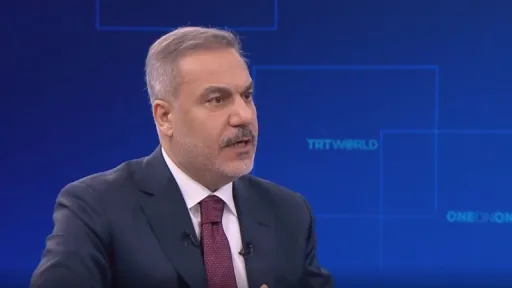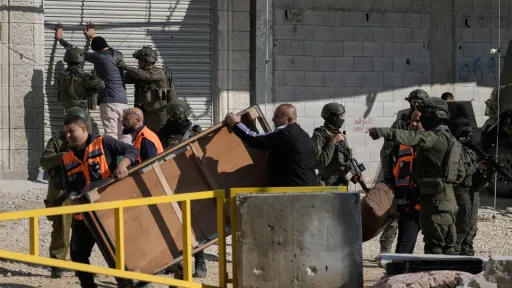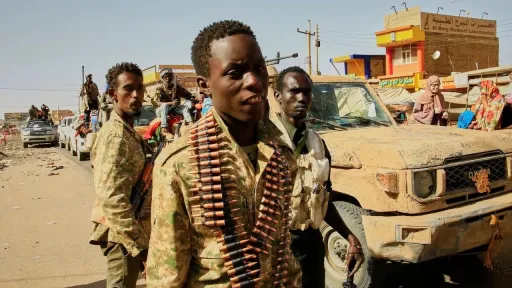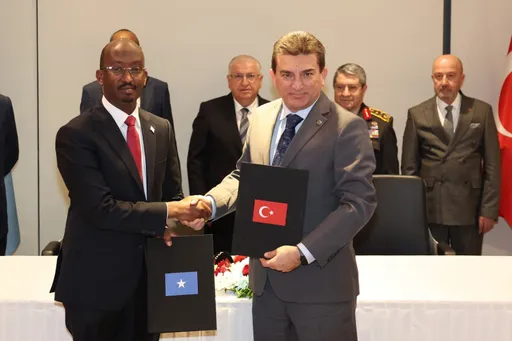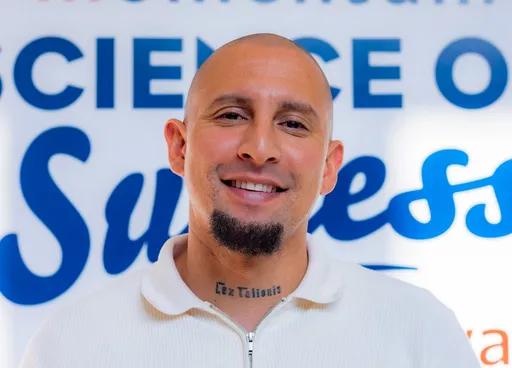The ministerial talks between Egypt, Sudan and Ethiopia over Addis Ababa's $5 billion dam on the river Nile have come to an end without a breakthrough.
Egypt expressed frustration that the latest talks have failed to resolve the issues in contention. “The round of negotiations that has ended in Cairo did not witness a tangible change in Ethiopia's positions,” Egypt said in a statement on Monday.
“Egypt will continue its efforts to reach in the nearest time possible a legally binding deal … that safeguards Egyptian interests and water security while benefiting the three nations,” the statement from the country's water minister stated.
On its part, Ethiopia maintains that recommendations, rather than a binding agreement, should suffice and insists that it is well within its rights to build the hydroelectric dam on the Blue Nile.
Binding agreement
"Ethiopia negotiates in good faith, where great benefit of the GERD to Ethiopians is realized, cooperation among our riparian states is enhanced based on principles that ensure fair and reasonable use of Nile water in the future" Ethiopia's Chief Negotiator and Advisor on GERD Dr Seleshi Bekele said.
Dr Beleke who is also Ethiopia's Ambassador to the US posted on the social media platform X that negotiations will continue in September in Addis Ababa.
The Grand Ethiopian Renaissance Dam (GERD) has sparked a long-running dispute between Ethiopia and its northern neighbours.
Cairo and Khartoum insist that Addis Ababa should enter a legally binding agreement on how it will fill and operate the dam, which they fear could reduce their share of Nile water and hurt agriculture.
Crucial dam
Describing it as an existential threat, they argue hundreds of thousands of jobs in the vast agricultural sector will be lost and envisage a potential disruption to their delicate food balance at a time of rising prices.
Ethiopia however sees the dam as crucial for its development process, insisting no harm would come to the two downstream nations from the dam.
The Grand Ethiopian Rennaisance Dam is built close to the Sudanese border on the Blue Nile tributary, which provides more than 85% of the Nile's waters.
In July Egyptian President Abdel Fattah El Sisi met Ethiopian Prime Minister Abiy Ahmed in Cairo and the renewed talks had suggested a thaw in tense relations between the two countries.
But the outcome of the just concluded talks signals that a consensus is still a long way ahead.

